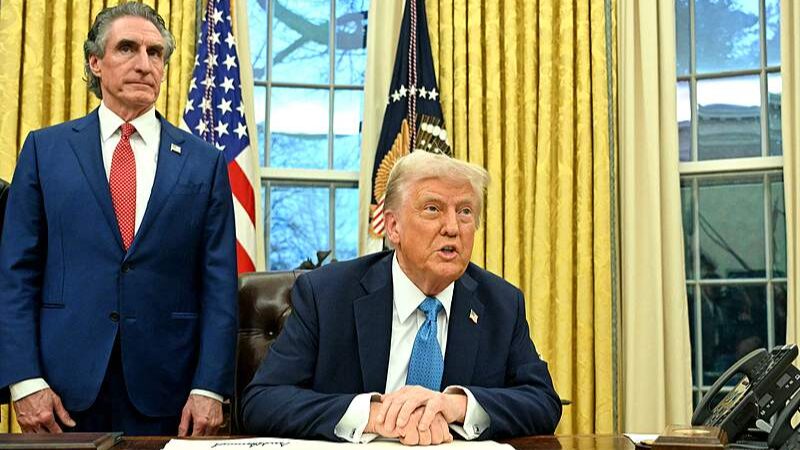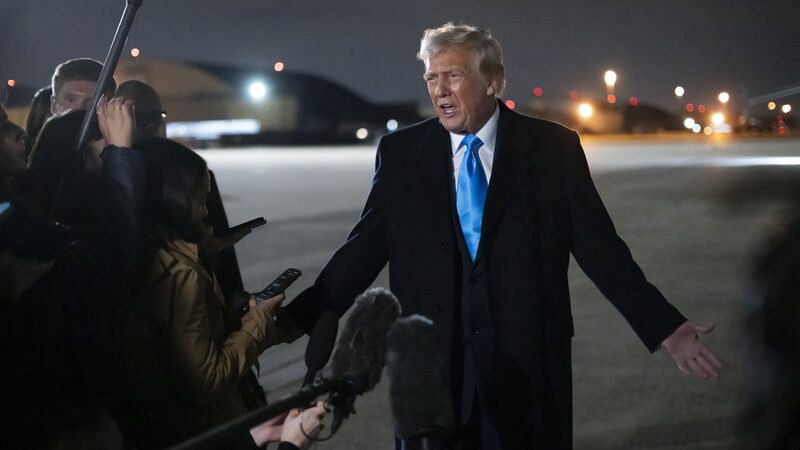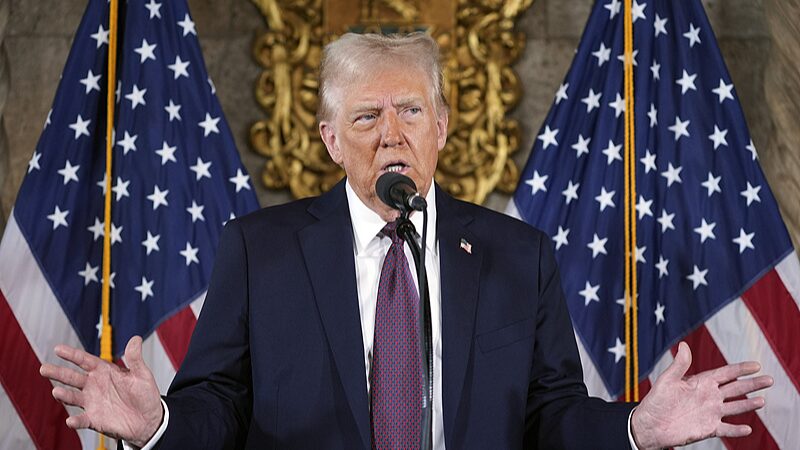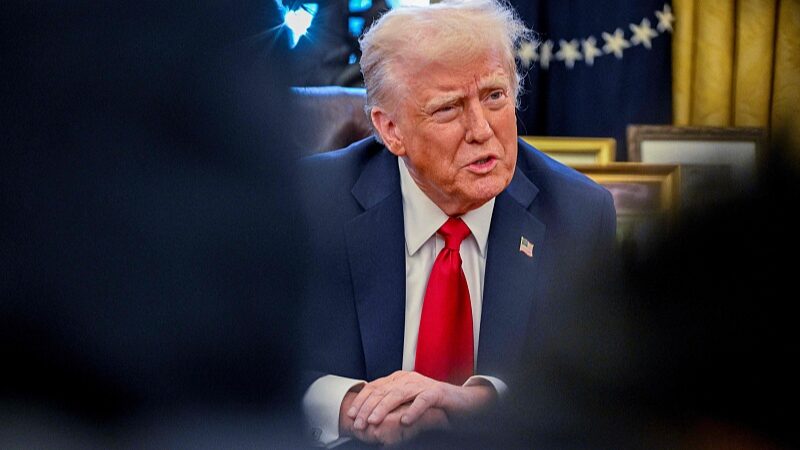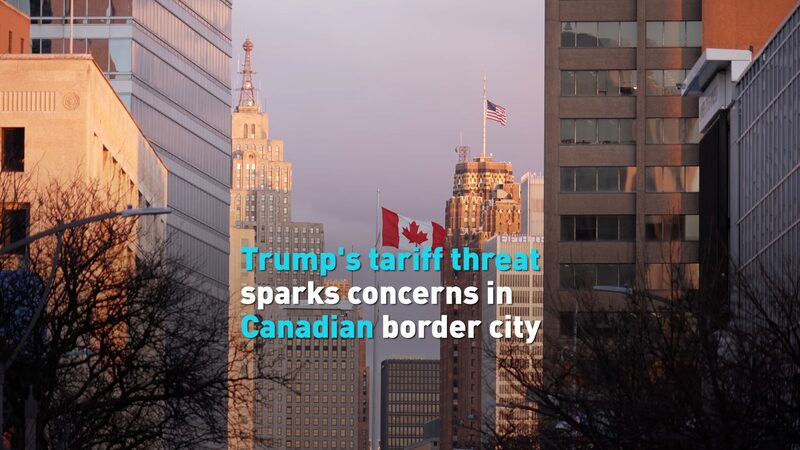U.S. President Donald Trump announced plans to impose a 100% tariff on films produced outside the U.S., a move that could reshape Hollywood's global production networks and trigger economic ripple effects across Asia's entertainment markets. The proposal, first floated in May, has drawn sharp criticism from industry leaders who warn of higher costs, reduced creative flexibility, and potential retaliatory measures.
Global Production Networks at Risk
Modern filmmaking relies on international collaboration, with major studios using production hubs in Canada, the UK, Australia, and Asian countries. Trump's tariff threat comes as U.S. filmmakers increasingly partner with Asian studios for co-productions that combine financing, local expertise, and distribution networks. "Cross-border filming isn't optional—it's essential to storytelling," said producer Mark Wolradian, noting that even U.S.-based productions often require overseas locations for narrative authenticity.
Economic Implications for Asia
Asia's growing entertainment sector, particularly in South Korea, India, and Southeast Asia, has benefited from Hollywood partnerships. A Morgan Stanley report warns the tariff could reduce productions and cut industry revenues worldwide. "Cost increases would inevitably reach consumers," said PP Foresight analyst Paolo Pescatore, highlighting concerns about reduced content diversity in streaming platforms and theaters.
Capacity Challenges and Alternatives
Industry leaders argue domestic infrastructure can't meet demand—Atlanta's studios can only handle six major films annually. While some suggest expanding tax incentives for U.S. filming, executives emphasize the need for balanced policies that recognize global production realities. The Motion Picture Association reports the U.S. film industry maintained a $15.3 billion trade surplus in 2023, fueled by $22.6 billion in exports.
As Congress considers tax incentive proposals from film unions, the debate highlights tensions between economic nationalism and the entertainment industry's inherently global nature. With Asian markets playing an increasingly vital role in film financing and distribution, the tariff proposal's implementation could reshape cultural exchange and economic ties across the Pacific.
Reference(s):
Trump says will impose 100% tariff on movies made outside U.S.
cgtn.com


